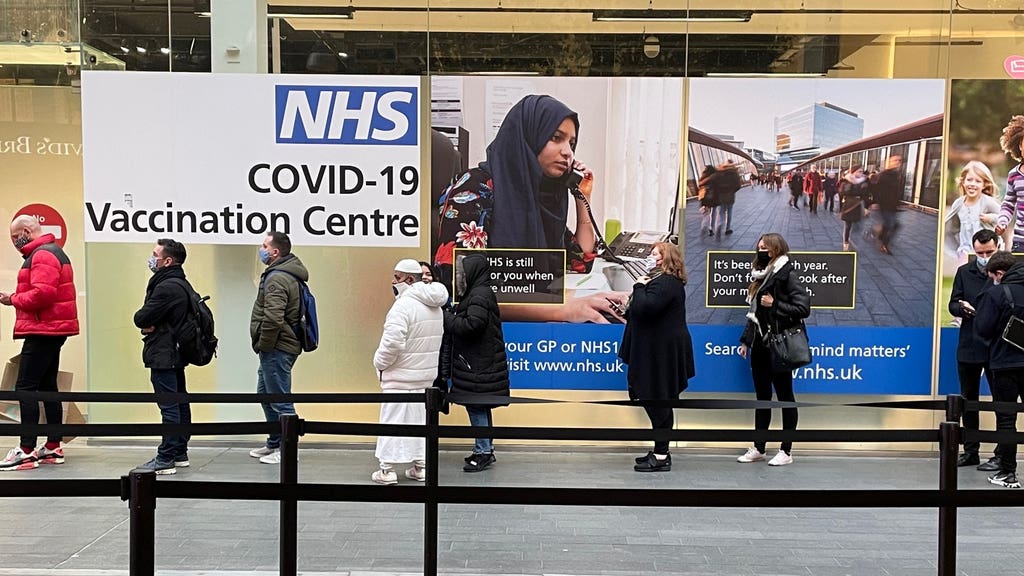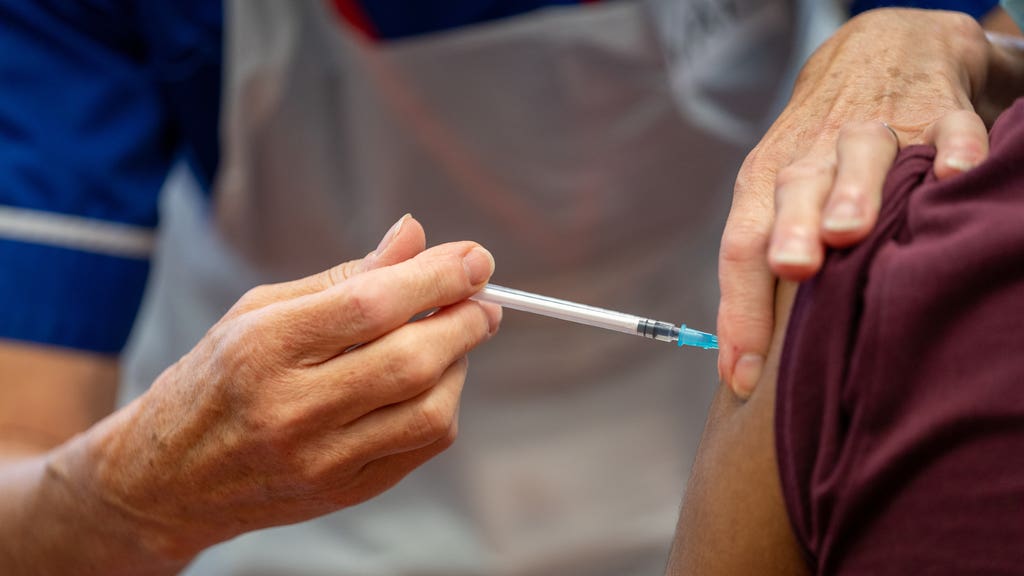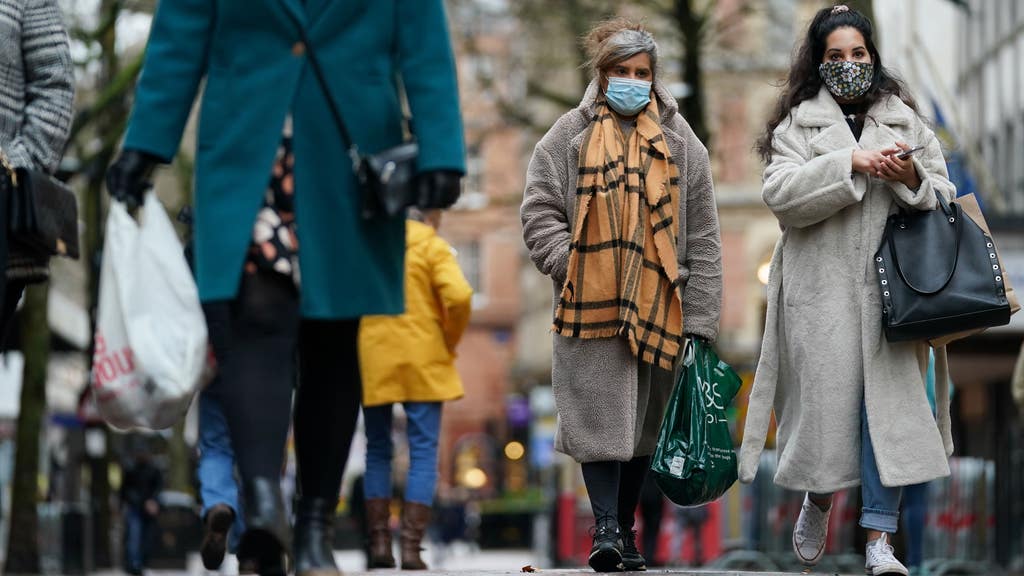Lower vaccine take-up linked to greater risk of Covid death among Black people, study suggests
Most ethnic minority groups are experiencing greater rates of death involving Covid-19 than white people.

Lower vaccination take-up among some ethnic groups contributes to an increased risk of Covid-19 death, particularly for people from black African and Caribbean backgrounds, new research has indicated.
Most ethnic minority groups have continued to experience greater rates of death involving Covid-19 during the third wave of the virus compared with people identifying as white British; these differences have been attributed mostly to social and demographic factors, such as occupation, geography and health.
However the Office for National Statistics (ONS) has found that levels of vaccination coverage are now contributing to the elevated risk of death observed in some groups in a study linking vaccination take-up with estimates of mortality rates for the first time.
Vahe Nafilyan, senior statistician in the ONS health and life events division, said: “Today’s analysis shows that since the vaccination programme began, the risk of death from Covid-19 has continued to be higher in most ethnic minority groups than in the white British ethnic group.
“As already highlighted in our analyses of earlier periods, these differences in mortality are largely explained by socio-demographic and economic factors and health.
“For the first time, we show that the lower vaccination coverage in some ethnic groups also contributes to the elevated risk of Covid-19 death, particularly in the Black African and Black Caribbean groups.”
Between June 13 and December 1 2021, the risk of death involving Covid-19 for Black African males in England was 1.4 times greater than that for white British males, after adjusting for age, demographic factors and certain pre-existing conditions.
But after also adjusting for vaccination status – to reflect if someone has received a first, second or third dose – this difference was found to have been eliminated.
A similar pattern was evident for Black Caribbean males, with the risk 1.7 times greater before adjusting for vaccination status, but no additional risk after.

For Black African and Caribbean females, the risk of Covid-19 death before adjusting for vaccination was estimated at 1.8 and 2.1 times greater than white British females respectively – but again, this excess risk disappeared after accounting for vaccine take-up.
The figures suggest that, once adjusted for vaccination status, there is “no evidence” that the risk of death involving Covid-19 is greater for people from these ethnic groups than for the white British ethnic group, the ONS said.
Jabeer Butt OBE, CEO of the Race Equality Foundation told The Independent: "This analysis shows the consequences of the failure to effectively reach Black African and Black Caribbean communities with the vaccination programme.
“One size does not fit all when it comes to building trust in public health messaging.
“We urge the Government to do better on engaging these communities and, crucially, on developing the trust that will ensure they not only hear the message but take up the vaccine."
Overall the ONS found that, during the third wave of the virus, the fully-adjusted risk of Covid-19 mortality – including vaccination status – is similar to the white British group for all ethnic groups, except the Bangladeshi group (2.2 times greater for males and 2.1 times greater for females) and for Pakistani men (1.2 times greater).

Vaccination rates in older Black African and Pakistani people saw the biggest increase in the six months to October but these groups are, by far, more vaccine hesitant than white people.
Additional research, led by the University of Stirling, concluded that targeted messaging is needed to tackle Covid-19 vaccine hesitancy in groups where uptake is low.
A survey of almost 5,000 UK adults, conducted in January and February 2021, found that while 87 per cent of white British participants had accepted or intended to get the vaccine, this fell significantly in other ethnic groups, with 58 per cent acceptance in Black/Black British groups and 61 per cent among Asian/Asian British groups.
This comes after the prime minister scrapped mandatory face masks and working from home guidance last week.
Boris Johnson told MPs in the Commons he was axing Plan B measures, which also include the use of mandatory Covid passes for nightclubs and large events, owing to a decline in infections and a belief among scientists that the peak of the Omicron wave of Covid-19 has passed.
Join our commenting forum
Join thought-provoking conversations, follow other Independent readers and see their replies
Comments
Bookmark popover
Removed from bookmarks